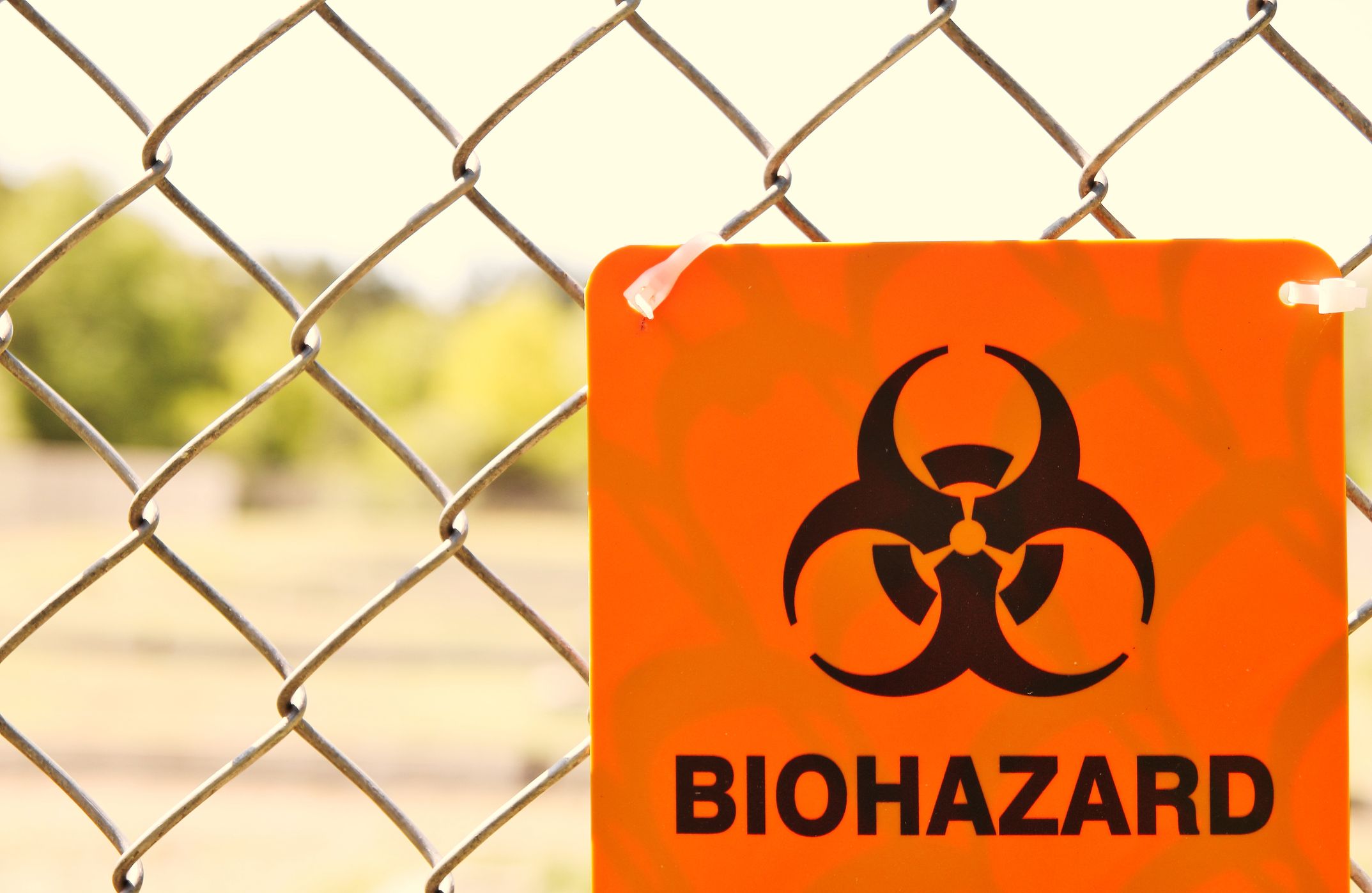
In 2001, following the attacks on the World Trade Center and the Pentagon, the U.S was again targeted by terrorists—but this time they attacked with biological weapons. Letters filled with white powder were sent to senators' offices and to news media agencies. When they were opened, the powder filled the air and people in the vicinity inhaled it. A few days later, 22 people became ill, and five of them died.
Over the past two decades, the threat of bioterrorism has become increasingly prominent in public consciousness and national security. The government continues to invest in biodefense, with both the National Institute for Health and the Defense Advanced Research Projects Agency (DARPA) investing in strategies to prevent and counter any attack.
In a study published in the journal mBio, researchers announced the development of a new vaccine that would protect against both anthrax and the plague. They said the vaccine "is a strong candidate for stockpiling against a potential bioterror attack involving either one or both of these biothreat agents."
"Bacillus anthracis and Yersinia pestis, the causative agents of anthrax and plague, respectively, are two of the deadliest pathogenic bacteria that have been used as biological warfare agents," the team wrote.

As a result, the researchers looked to create a vaccine that would counter both. In 2017, they published research in the journal Frontiers in Immunology announcing the development of a vaccine that produced a robust antibody response against the plague and anthrax in mice, rats and rabbits.
In the latest study, the team built on previous findings and announced the creation of an anthrax-plague nanoparticle vaccine that triggers an immune response to both bacteria.
Study author Venigalla Rao, from the Catholic University of America, told Newsweek they created the vaccine by incorporating key antigens from both agents.
"By incorporating all these components into one dual (multivalent) vaccine and injecting into the body, we are able to stimulate immune responses against both the organisms before any exposure to these organisms," he said.
"In the event of a bioterror attack using either of the organisms or both the organisms, since the body has already been primed with immunity, the pre-existing immune responses induced by the vaccine will neutralize these toxins/virulence factors produced by exposure to these organisms.
"Consequently, the organisms will not be able to grow and cause serious infection. In our animal studies, we do not see significant bacterial infection in the vaccinated animals whereas the unvaccinated control animals show bacterial growth and succumb to infection within a few days after exposure," said Rao.
At the moment, two doses of the vaccine are needed to offer full protection. Rao said that while aspects of the vaccine could be tested in humans, testing against live versions of anthrax and or plague at lethal doses could not. "We would also like to transition our vaccine into human clinical trials and if successful, move toward stockpiling a single anthrax-plague vaccine as part of our national preparedness, as opposed to two separate anthrax and plague vaccines," he said.
"I hope that [a bioterrorism attack] will never occur. Our goal from vaccine research perspective, is to help in the national (global) preparedness, should such an attack occur. Much of the future research will be dependent upon, and conducted by, funding and interest from governmental and commercial agencies."
Uncommon Knowledge
Newsweek is committed to challenging conventional wisdom and finding connections in the search for common ground.
Newsweek is committed to challenging conventional wisdom and finding connections in the search for common ground.
About the writer
Hannah Osborne is Nesweek's Science Editor, based in London, UK. Hannah joined Newsweek in 2017 from IBTimes UK. She is ... Read more
To read how Newsweek uses AI as a newsroom tool, Click here.








